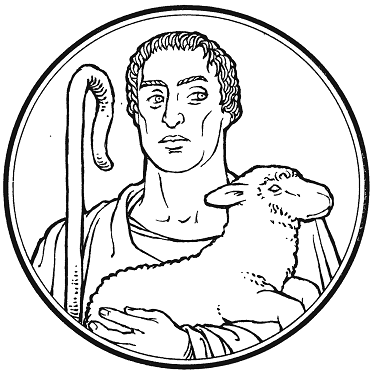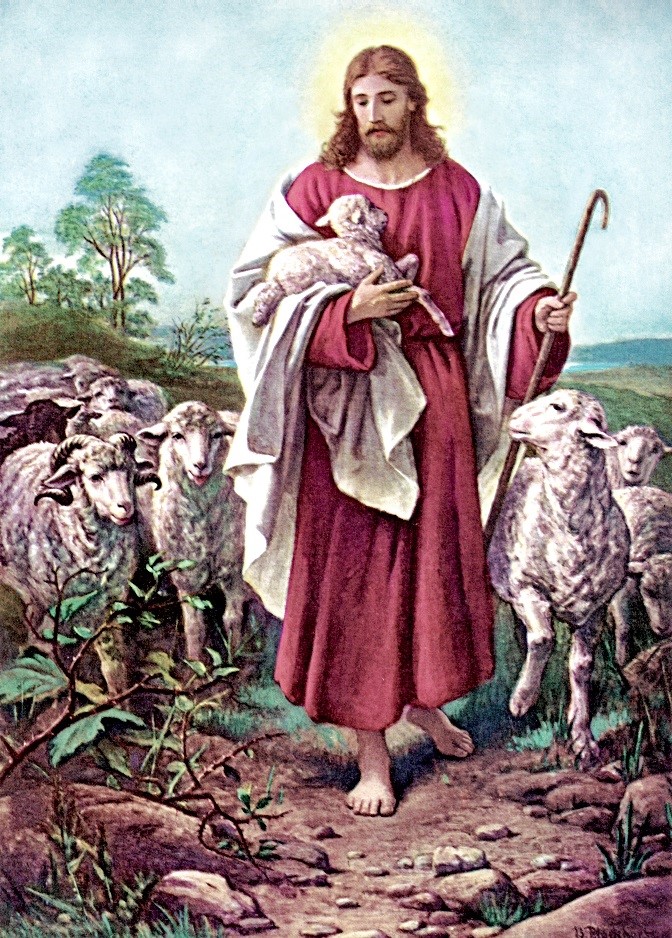Tag: Third Sunday of Easter (Misericordias Domini)
-

Third Sunday of Easter (Misericordias domini)
Readings: Ezekiel 34:11–16 | 1 Peter 2:21–25 | John 10:11-16 Text: John 10:11-16 The Lord Jesus says, “I am the Good Shepherd.” This Sunday in the Church year has come to be known as “Good Shepherd Sunday.” So, let’s to dig deeper into what this statement of Jesus means. Let us not just pass over…
-

Third Sunday of Easter (John 10:11-16)
Bethlehem Lutheran Church, Lebanon, OR Third Sunday of Easter (Misericordias Domini) + May 5, 2019 Baptism of Lincoln Thomas Vorderstrasse Text: John 10:11-16 Jesus says, “I am the Good Shepherd.” But what is meant by “good”? When you want to find out more in Holy Scripture, you go to the original languages—Greek in the New…